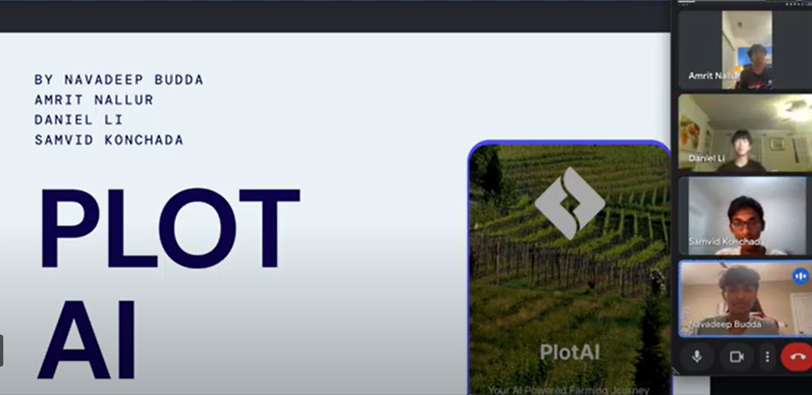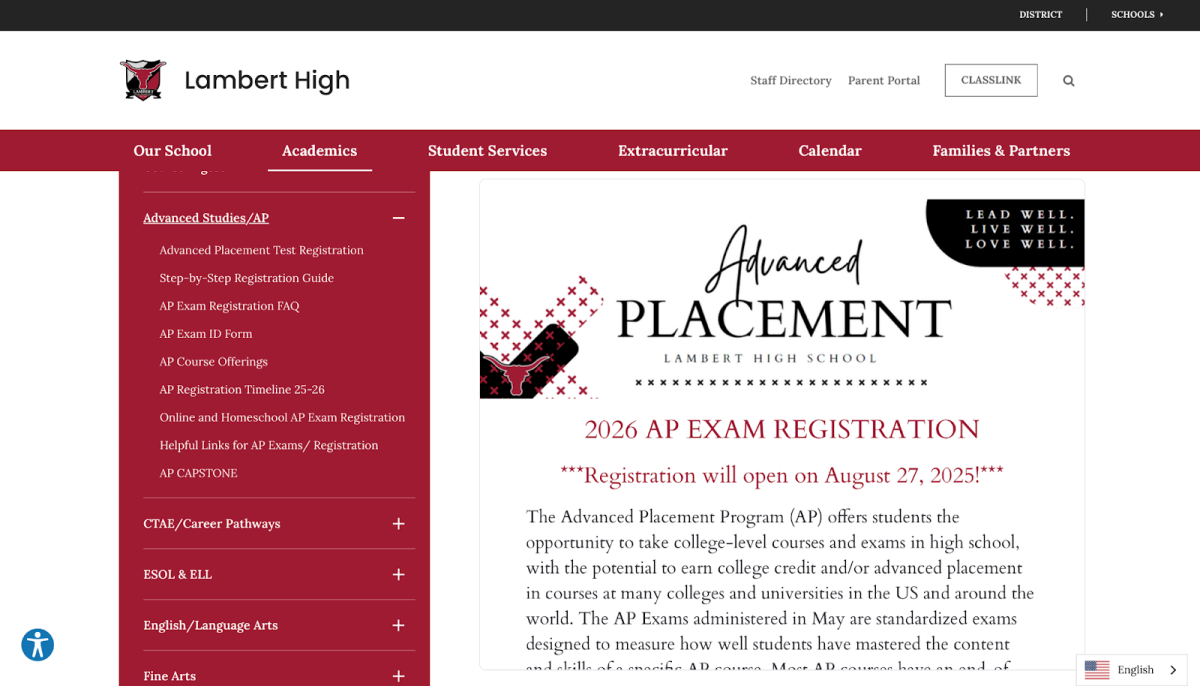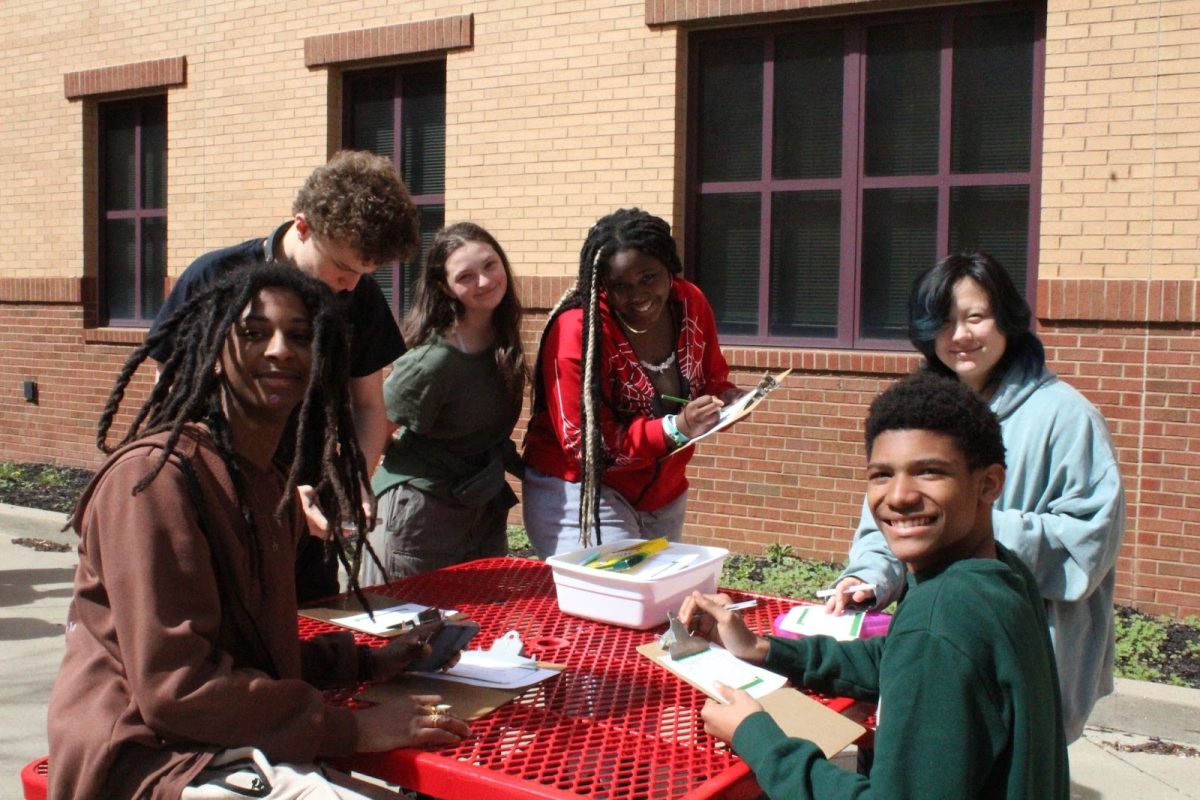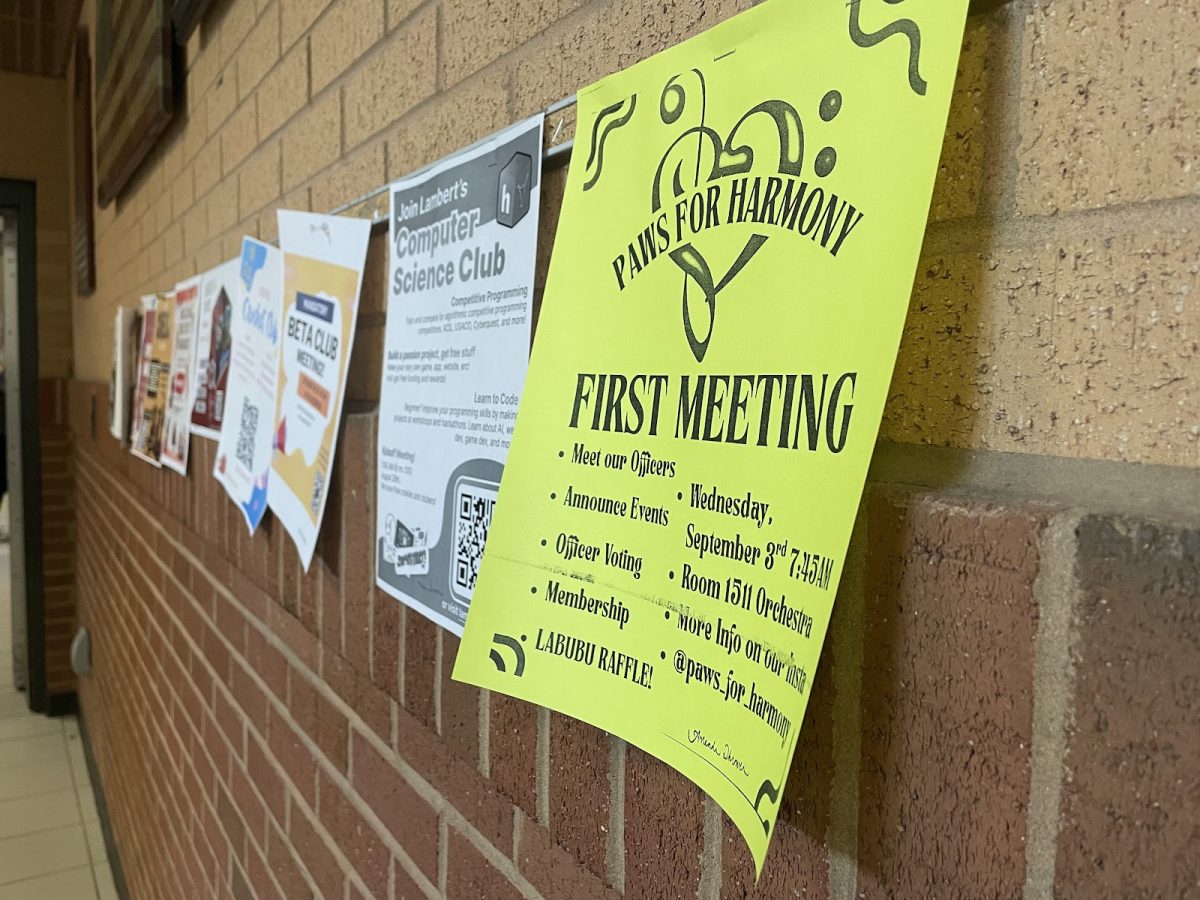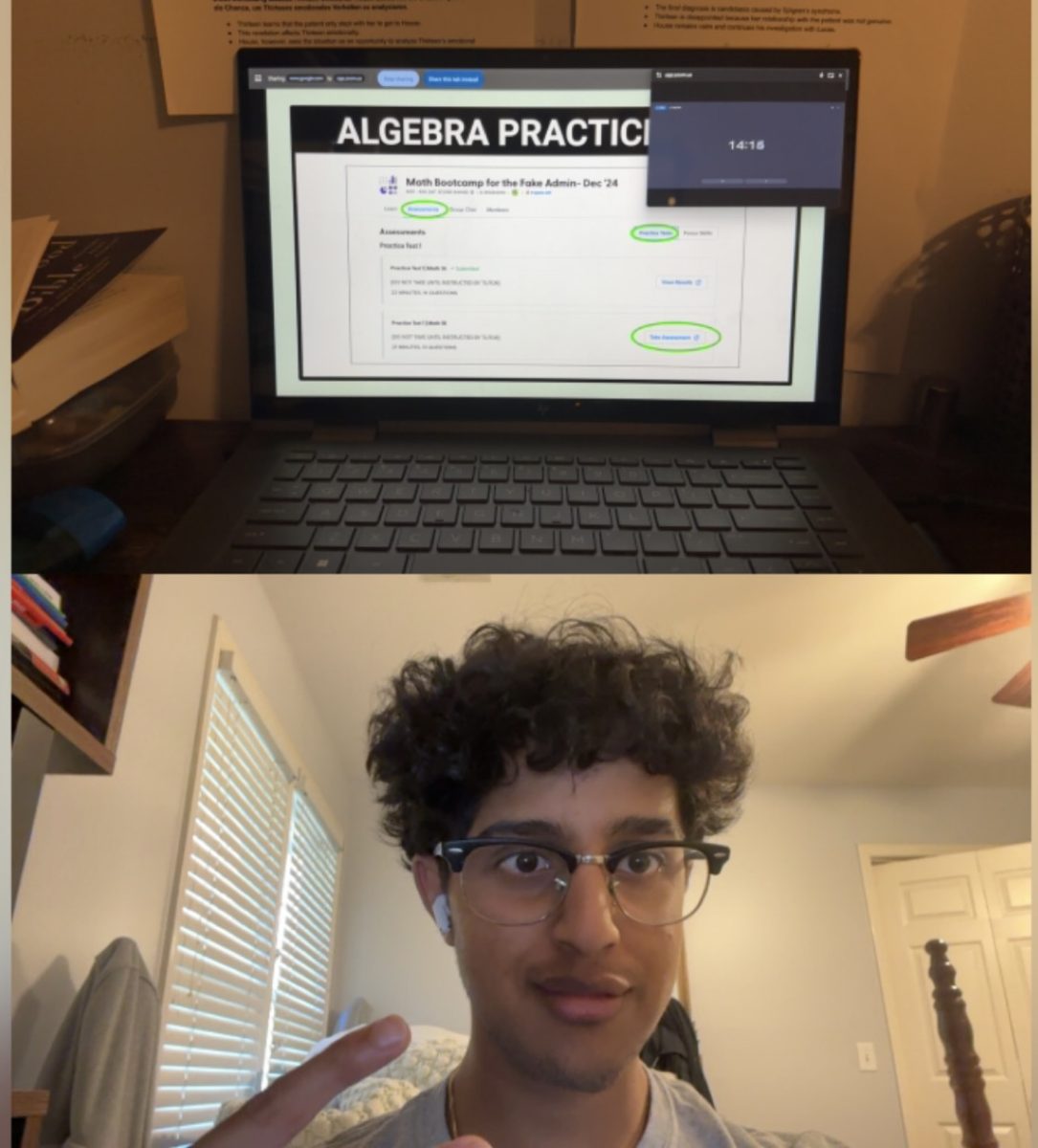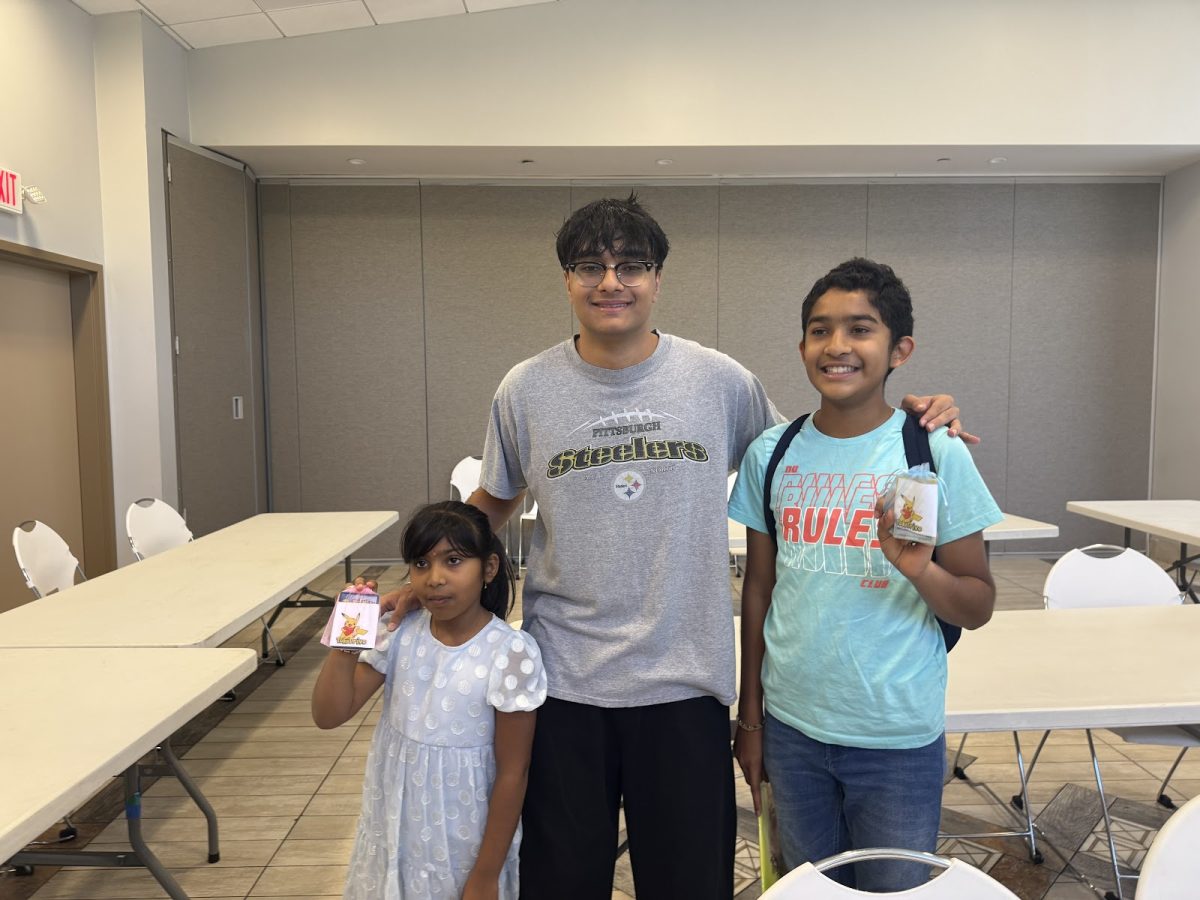For the past 10 years, members of the United States’ House of Representatives have hosted the Congressional App Challenge in their district, aiming to inspire students to pursue careers in computer science and innovation. With the advent of artificial intelligence, these apps have become more advanced than ever. In 2024, a team from Lambert High School composed of Daniel Li, Samvid Konchada, Navadeep Budda and Amrit Nallur won the prestigious challenge with a novel app, Plot AI.
Plot AI is designed to serve small-scale and rural farmers. The application addresses two of the most pressing issues in agriculture- water waste and crop disease. In Georgia, these issues are extremely prevalent. With nearly one in seven Georgians working in agriculture and related industries, crop losses continue to threaten countless livelihoods across the state. According to the University of Georgia, total crop loss due to disease led to a loss of $553.22 million dollars in 2020. At the same time, inefficient watering practices leave crops vulnerable to under or over-irrigation, which can reduce yields and put additional financial strain on farmers already facing tight margins.
These challenges that farmers face ripple onto communities across the state. Food insecurity and lack of access to healthy foods affects one in eight Georgians, including one in six children. When farmers lose crops to disease or suffer from poor irrigation systems, it impacts food supply chains, drives up costs and limits access to healthy options, especially in underserved areas.
Plot AI addresses these issues with two key features that are necessary for farmers to combat inefficient water use and disease related crop loss. The first feature the app offers is a water optimization tool that analyzes environmental data to calculate the precise amount of irrigation needed for any given plot of land. The second feature is an early disease detection system that allows users to take a picture of their crops so that the app can identify signs of plant disease in the early stages, giving farmers enough time to take action and minimize crop loss.
“We always wanted to create a product that could help farmers,” team member Amrit Nallur explained. “Farmers and agricultural workers aren’t getting as much money as they used to… Now, by using Plot AI, we’re able to save them money by making them not have to use as much water for the same amount of land, and by preventing diseases from forming in the first place.”
The team boasts a bold vision, aiming to expand the app globally to reach people and places that need support the most.
“The future of Plot AI is to eventually get this in two main areas,” team member Navadeep Budda added. “We want to get it out to these rural Georgian farms as soon ase app is completed. But the second purpose is to eventually create an international version of Plot AI. So a ton of farms in Africa suffer from the same problem of plant disease…And we think that by using Plot AI, it could help.”
While the app hasn’t been tested at a large scale yet, their ambitions and methodology certainly did not go unnoticed. Congressman Rich McCormick, who represents Georgia’s seventh congressional district, was extremely impressed by the ingenuity and awareness regarding such pressing issues.
“We have 10 of the top 25 schools in our district, so the competition is fierce,” Congressman McCormick stated. “So when you win now, you have to really earn it…The people who developed that AI are not farmers, but they found an application for something outside their field and made a great application, especially for Georgians. It…has real benefit to the farmers, and it comes from the technological side of the house, which is a real big crossover for people who don’t necessarily have expertise in that field.”
The Plot AI team exemplified the spirit of the Congressional App Challenge- using code to solve real world, relevant issues.What sets a winning app apart is the strength of its idea and the impact it can have on the world, along with technical skill. Plot AI stood out not only for its innovation, but for its deep understanding of the people it is aiming to serve.
Technological innovation, especially through applications like Plot AI, holds the potential to address nearly every challenge society faces. By combining creativity and new advancements in technology, students can really make a difference.
“Now, I was never good enough to be in STEM,” McCormick added. “In fact, I was held back in third grade because I couldn’t read so well. I was challenged, if you will, but I found my way eventually, but you’re gonna have applications now that can find people who have reading disabilities and actually correct that.”
Such teams create hope for the future, where students become innovators tackling both personal and global challenges like never before. Challenges like the Congressional App Challenge give them the opportunity to pitch their ideas to lawmakers, helping to make their ideas into reality.
As Plot AI moves closer to public release and the Lambert team prepares for the House of Code, where winning teams get to demonstrate their app in front of representatives in Washington, D.C., one thing is certain: they are devoted to bringing their vision for a healthy Georgia and a healthier world to life.




